Blog Layout
ECB Opinion on Global Stablecoin Regulation Now Public
PAR002_123 • Feb 24, 2021
ECB has asked EU lawmakers for veto powers concerning Global Stablecoin projects like the Facebook-backed Diem
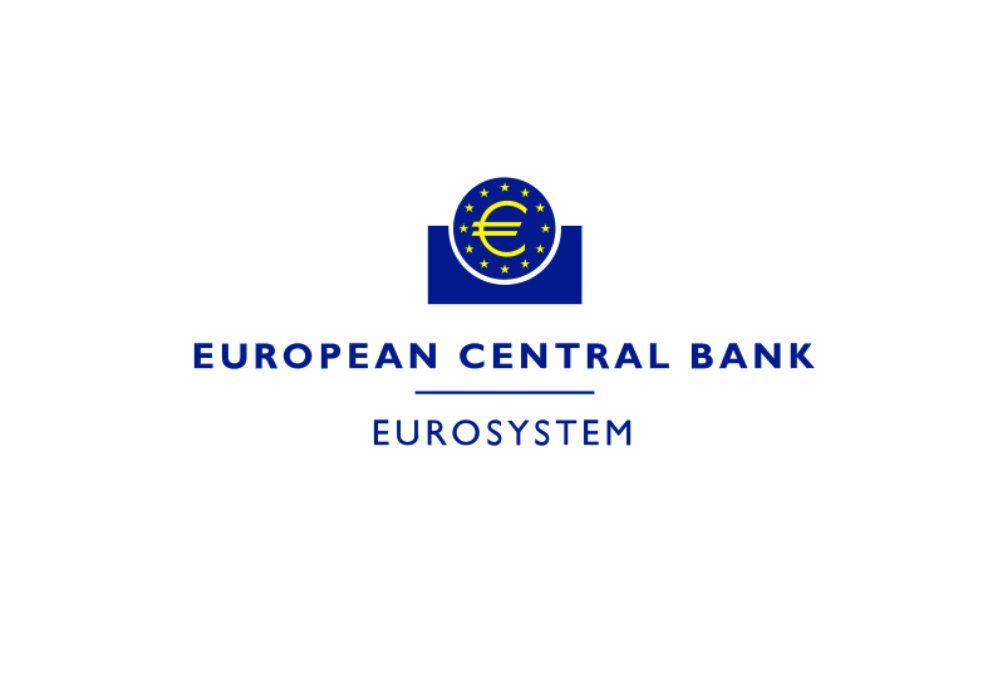
On Friday, the European Central Bank (ECB) submitted a 42-page opinion on the draft European Union (EU) regulations for Markets in Cryptoassets (MiCA) telling European Union lawmakers that they should have the final word on whether ‘asset- referenced tokens’ (stablecoins) and ‘e-money tokens’ should be allowed to launch in the euro zone without jeopardising its control over inflation or the safety of payments.
Under the proposed regulation, crypto-assets, in particular the two sub-categories of ‘Asset Referenced Tokens’ and ‘e-money Tokens’, have a clear monetary substitution dimension having regard to the three functions of money as a medium of exchange, store of value and unit of account.
The ECB said,
“Where an asset-reference arrangement is tantamount to a payment system or scheme, the assessment of the potential threat to the conduct of monetary policy, and to the smooth operation of payment systems, should fall within the exclusive competence of the ECB.”
The proposed regulation emphasises the medium of exchange function of e-money tokens, noting that these are ‘intended primarily as a means of payment aimed at stabilising their value by referencing only one fiat currency’, and that ‘like electronic money, such Cryptoassets are electronic surrogates for coins and banknotes and are used for making payments’.
An additional concern raised by the ECB is the proposed ban on interest-bearing crypto-assets similar to e-money saying with negative interest rates, holding e-money that bears interest will become rather attractive and could end up competing with banks for deposits, raising the cost of funding.
The draft MiCA legislation already proposes that ‘Asset Referenced Tokens’ might be refused authorisation by a ‘competent authority’. But which authority depends on the nature of the token. Hence the ECB suggests that where such a token is like a payment scheme, the exclusive right to refuse authorisation should sit with the ECB or the national central bank where the token is issued.
According to the ECB, 'Asset Referenced Token' (Stablecoin) issuers must comply with the same robust liquidity requirements as mainstream financial institutions such as banks and “rigorous liquidity requirements” are necessary to ensure the protection of redemption rights and customers' direct claims to the reserve assets held.
It also reiterated concerns about the assets used to back the Tokens. The demand for assets such as treasury bills might increase, impacting their price, distorting markets and could challenge the Euro for payments.
If EU lawmakers grant veto powers to the ECB, then private 'Significant Asset Referenced Token' (Global Stablecoin) issuers like Diem could be in for further regulatory hurdles even if the project secures approval from Swiss regulators.
The ECB is currently working on its own digital euro, hoping to launch it within the next four years.
Source:
OPINION OF THE EUROPEAN CENTRAL BANK of 19 February 2021 on a proposal for a regulation on Markets in Crypto-assets, and amending Directive (EU) 2019/1937 (CON/2021/4)
https://op.europa.eu/en/publication-detail/-/publication/4a9e9ba4-a884-11eb-9585-01aa75ed71a1
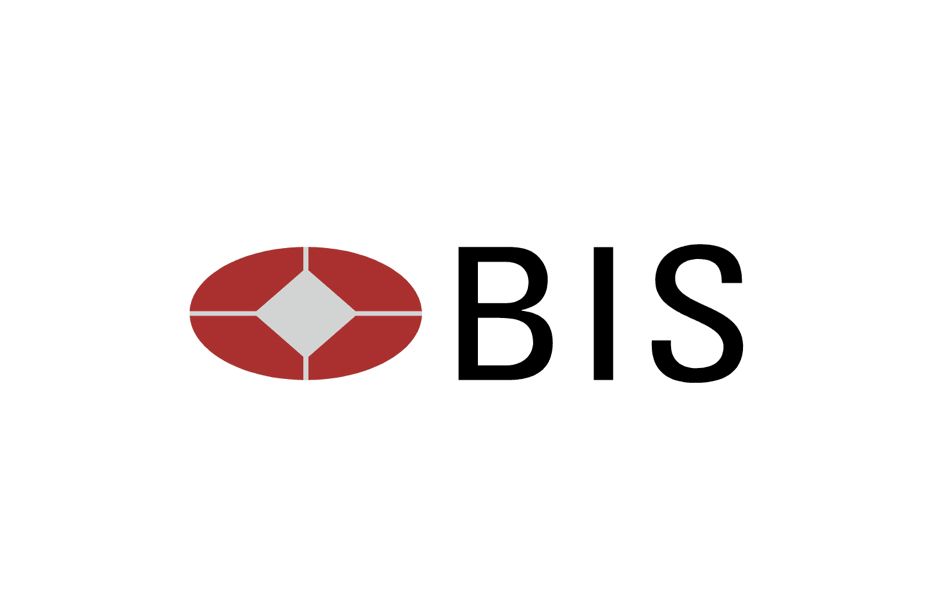
07 Mar, 2024
In response to the increasing prominence of global stablecoins (GSCs) and their potential implications for financial stability, the Bank for International Settlements (BIS) has introduced a comprehensive set of recommendations aimed at regulating and supervising these widely adopted digital assets.
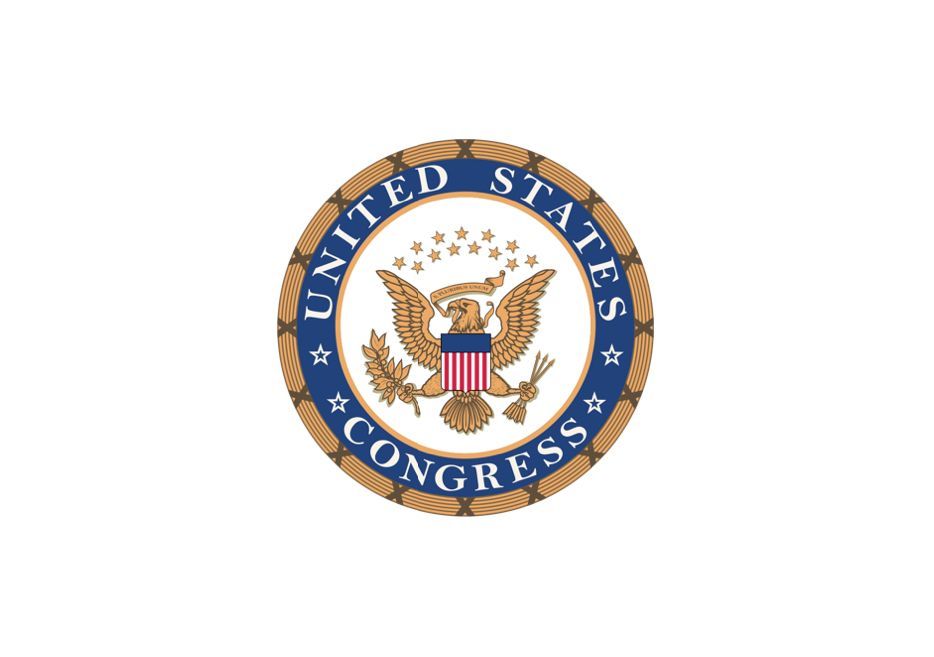
29 Jul, 2023
In a noteworthy development within the U.S. Congress, a long-awaited stablecoin bill made significant progress as it graduated from the House Financial Services Committee. However, the advancement of the Republican-backed bill was marred by a partisan clash and objections from the White House, leaving the committee chair, Patrick McHenry (R-N.C.), lamenting the missed opportunity for a bipartisan deal.

13 Jul, 2023
A new crypto oversight bill reintroduced by Senators Cynthia Lummis and Kirsten Gillibrand is making waves in the U.S. Senate. The bill proposes that crypto exchanges be overseen by the Commodity Futures Trading Commission (CFTC) rather than the U.S. Securities and Exchange Commission (SEC). Additionally, it calls for all stablecoin issuers to be regulated depository institutions. This bill represents a significant effort to establish U.S. regulation for the crypto industry and addresses the division of oversight between the SEC and CFTC.
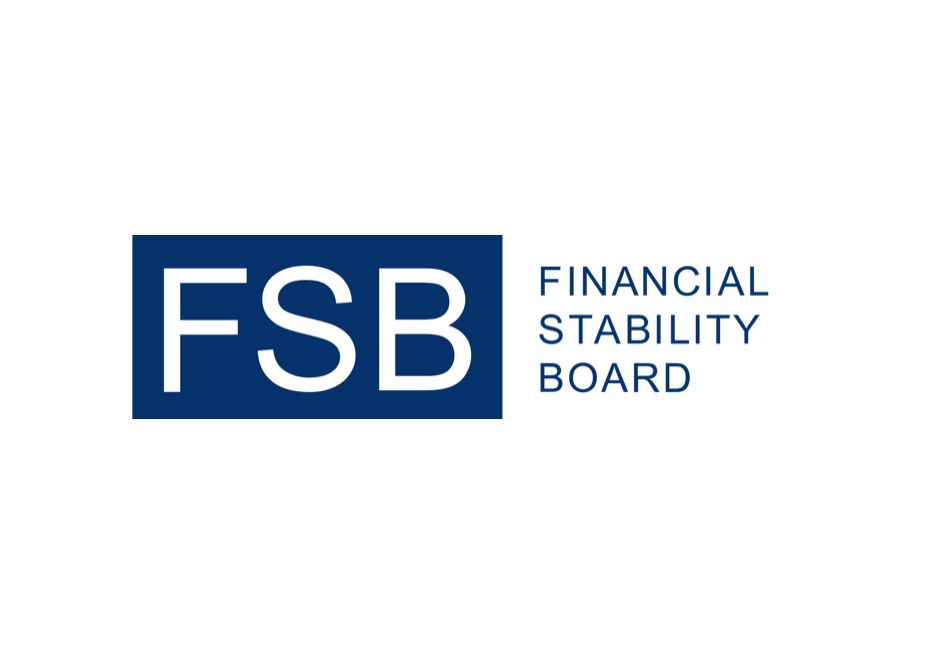
13 Jul, 2023
In preparation for the upcoming G20 Finance Ministers and Central Bank Governors meeting in India, Klaas Knot, Chair of the Financial Stability Board (FSB), has highlighted the recent banking turmoil and the FSB's commitment to learning valuable lessons from these events. In a letter addressed to the G20 officials, Knot emphasized the importance of addressing risks associated with crypto-assets and global stablecoin arrangements, as well as providing updates on efforts to tackle climate-related financial risks.
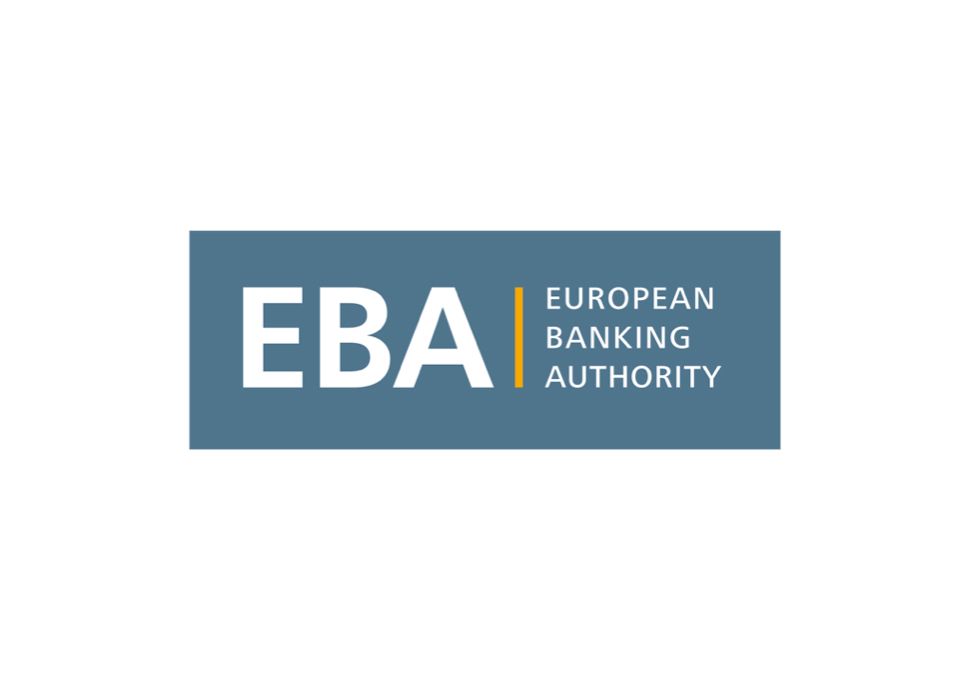
12 Jul, 2023
E-Money Token (Stablecoin) issuers have been advised to proactively prepare for the forthcoming regulations set by the European Union, according to the European Banking Authority (EBA). Although the rules of the Markets in Crypto Assets (MiCA) framework will officially come into effect in June 2024, the EBA emphasised the importance of early preparation to protect consumers and avoid disruptions for companies. The MiCA regulation includes provisions on governance, reserve requirements, and licensing for crypto wallet providers and exchanges.

12 Jul, 2023
According to a recent study by Juniper Research, the value of payment transactions made with stablecoins is predicted to surpass $187 billion by 2028, a significant increase from $53 billion in 2023. The study, titled "CBDCS & STABLECOINS: KEY OPPORTUNITIES, REGIONAL ANALYSIS & MARKET FORECASTS 2023-2030," highlights the rapid progress of stablecoins in the cross-border market, where they offer an alternative to slow, expensive, and difficult-to-track existing payment systems.
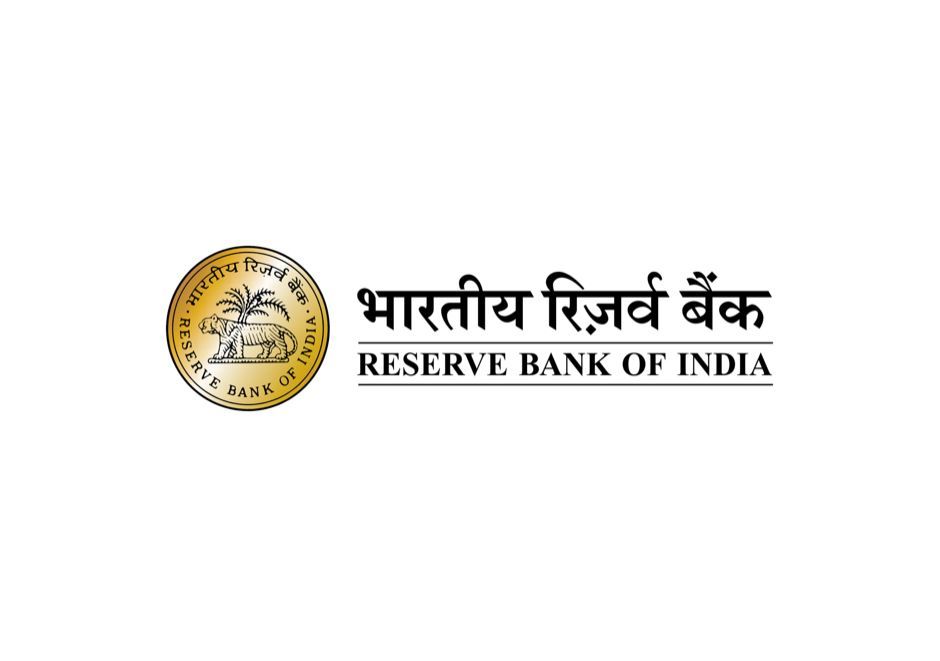
12 Jul, 2023
Reserve Bank of India (RBI) Deputy Governor T Rabi Sankar expressed India's concerns about stablecoins, emphasising their potential threat to policy sovereignty. In a speech at a banking event, Sankar called for a global financial system based on central bank digital currencies (CBDCs) issued by each country for settling global payments. He highlighted the importance of CBDCs in maintaining financial stability and independence, stating, "We should ideally aim for a global financial system which rests on central bank digital currencies (CBDCs) issued by each country to settle global payments, and not rely on stablecoins."
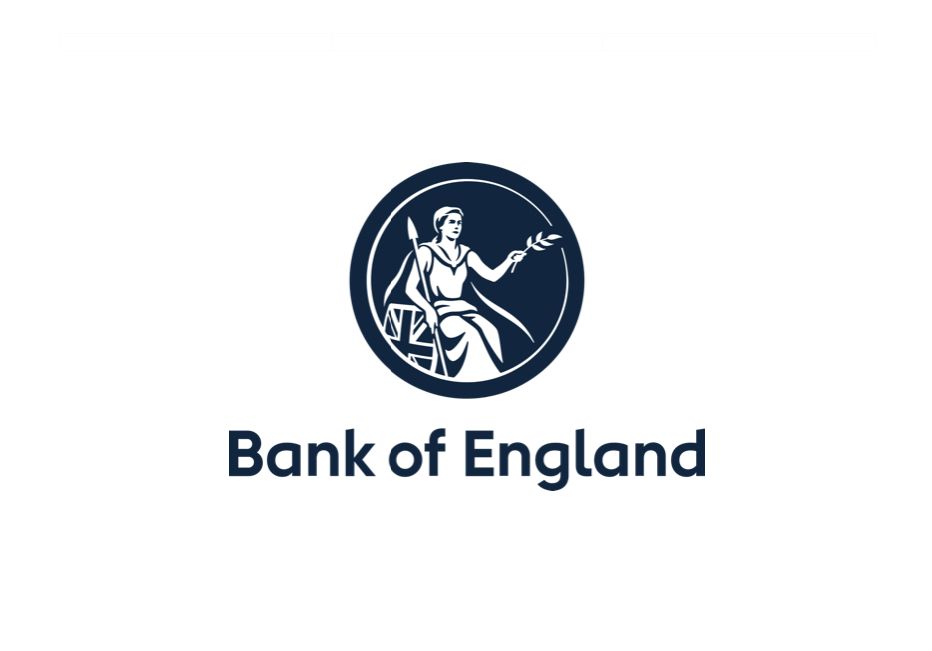
11 Jul, 2023
In a speech delivered on July 10, Bank of England (BOE) Governor Andrew Bailey shared his perspective on digital currencies, highlighting the potential of "enhanced digital money" while expressing reservations about cryptocurrencies and stablecoins. Bailey emphasised the need for regulatory oversight, stability, and usability in the evolving financial landscape.

06 Jul, 2023
In a move that could reshape the global stablecoin market, Hong Kong is considering the launch of its own stablecoin, HKDG, to rival established stablecoins such as USDT and USDC. This groundbreaking proposal, co-authored by prominent figures in academia and industry, including Vice Chancellor Wang Yang and angel investor Cai Wensheng, aims to enhance Hong Kong's position in the digital currency landscape and assert its leadership in the blockchain sector.
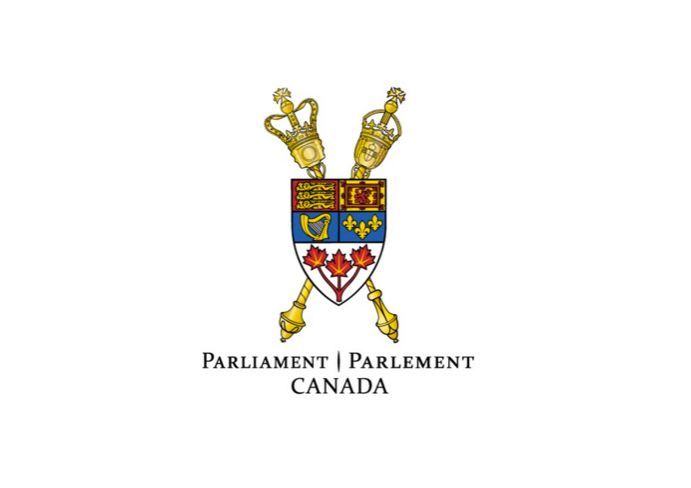
30 Jun, 2023
Canadian lawmakers have published a groundbreaking report that defends and supports the crypto industry, calling for the recognition of blockchain as a growing sector with the potential to drive job creation and economic growth. The report, which includes 16 recommendations, has garnered praise from industry participants, including leading cryptocurrency exchange Coinbase.
Disclaimer:
GlobalStablecoins.com is an informational website that provides news about coins, blockchain companies, blockchain products and blockchain events. Don’t take it as investment advice. Speak to an advisor before you risk investing in an ICO, Cryptocurrencies, Cryptoassets, Security Tokens, Utility Tokens, Exchange Tokens, Global Stablecoins, Stablecoins or eMoney Tokens. GlobalStablecoins.com is not accountable, directly or indirectly, for any damage or loss incurred, alleged or otherwise, in connection to the use or reliance of any content you read on the site.
Affiliate Disclosure / Sponsored Posts:
If a Sponsored Post contains any mention of a crypto project, we encourage our readers to conduct diligence prior to taking further action. GlobalStablecoins.com does not recommend that any cryptocurrency should be bought, sold, or held by you. Do conduct your own due diligence and consult your financial advisor before making any investment decisions.
GlobalStablecoins.com may receive compensation for affiliate links. Should you perform activities in relation to an affiliate link, it is understood that some form of compensation might be made to GlobalStablecoins.com. For example, if you click on an affiliate link, and sign up and trade on an exchange, GlobalStablecoins.com may receive compensation.
Before you invest in Cryptoassets you should be aware of the following,
Cryptoassets are considered very high risk, speculative investments.
If you invest in Cryptoassets you should be prepared to lose all your money.
All Sponsored Posts are paid for by crypto projects, coin foundations, advertising firms, PR firms, or other marketing agencies. GlobalStablecoins.com is not a subsidiary of any marketing agency, nor are we owned by any crypto or blockchain foundation.
The purpose of offering Sponsored Posts to our advertisers is to help fund the day-to-day business operations at GlobalStablecoins.com.
If you come across a Sponsored Post which you believe is fraudulent and/or “scammy,” please contact us and we will perform an immediate investigation.
© 2024
All Rights Reserved | GlobalStablecoins.com
